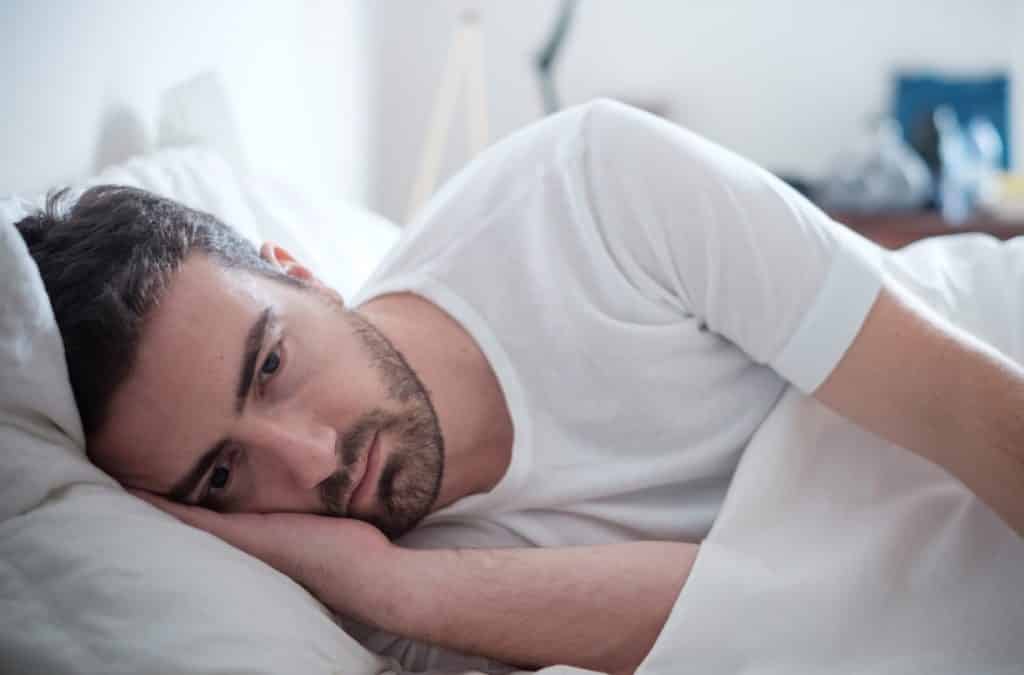The arrival of Covid-19 has brought unfathomable and drastic changes to our everyday lives. These changes have brought upon increased levels of worry, sadness, and fear. If they are not effectively managed, it may have detrimental effects on our physical and mental health.
One area these changes appear to have had a significant impact on our well-being involves our quality of sleep. Sleep is supposed to be 1/3 of our daily lives (approximately 8 hours in a 24-hour day). If that need is not met, it can put us at higher risk of developing other mental health conditions over time.
It is worth noting, research has revealed sleep problems to be a significant predictor for substance relapse. In other words, a person who struggles with substance abuse is likely to relapse the longer they endure sleep impairment.
More specifically, insomnia and irregular sleep patterns have risen to new levels in the past few months since the virus outbreak. Generally speaking, insomnia may include difficulty falling asleep, staying asleep, or waking too early. Although many factors can bring about insomnia, one core area of our lives that can initiate the onset or exacerbate insomnia is stress.
As you can imagine, given the current world events associated with Covid-19, stress has been heightened exponentially. As a result, there has been a spike increase in the need for therapy or medical services to assist with the management of anxiety, depression, and poor sleep—all byproducts of elevated stress.
If you or a loved one struggle with significant sleep issues, please consult with your therapist, primary care doctor, or psychiatrist for a more specific treatment plan.
Below are some tips that may help you lessen stress and attain more restful sleep:
1. Turn It Off
Set limits to how much noise you invite in and turn off your brain from information that is stressful such as news, websites, and social media. Anxiety involves repetitive thoughts, so it is important to slow down the thought processes before bed by lessening what you are exposed to.
2. Combat Anxiety with Gratitude and Successes
Some good ways to achieve a less worried mind is by having positive thoughts such as remembering gratitude and the accomplishments you had earlier in the day.
3. Calm the Brain
Peace and serenity helps calm the worried mind. Mindfulness techniques such as meditation and deep breathing exercises are two activities effective in soothing the mind. Physical exercise also helps lower stress levels and increase restfulness for the mind and body.
4. Stop Watching the Time
Clock watching when struggling to sleep increases worry, anger, irritability during the sleep time. Try setting a few different alarms and if you wake up during the night and alarm clocks haven’t sounded off. It is not a necessity to check what time it is, just know it is not time to wake up.
5. Check out your local shelves
Melatonin: a natural hormone that can help initiate sleepiness. It is available over-the-counter at your local grocery store and pharmacies. Essential oils (e.g., lavender, valerian, Bergamot, Roman Chamomile, Cedarwood, Clary Sage). These oils either directly induce sleep or are used to lower cortisol (our stress hormone) levels which can help facilitate quality sleep.









